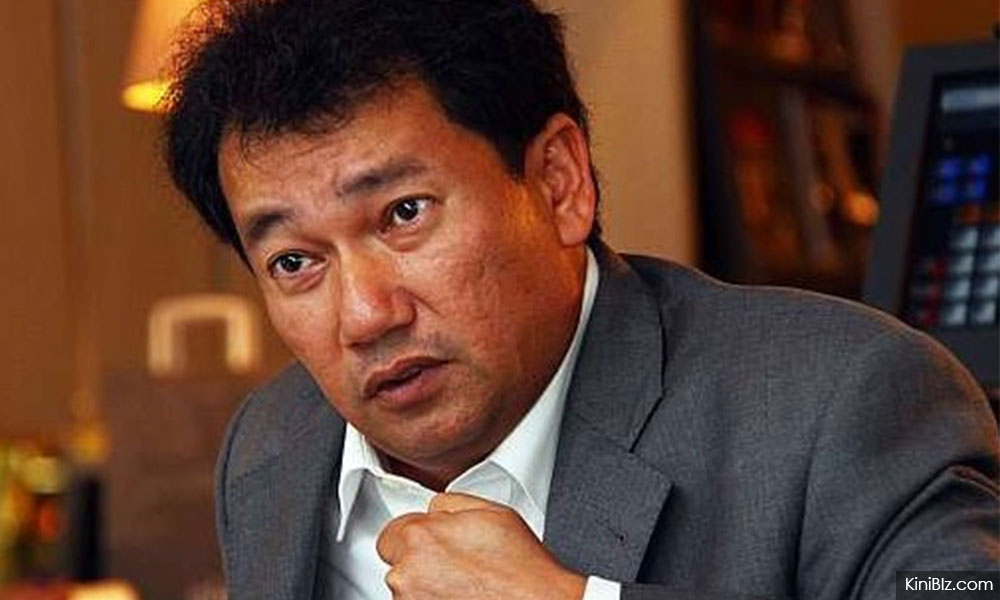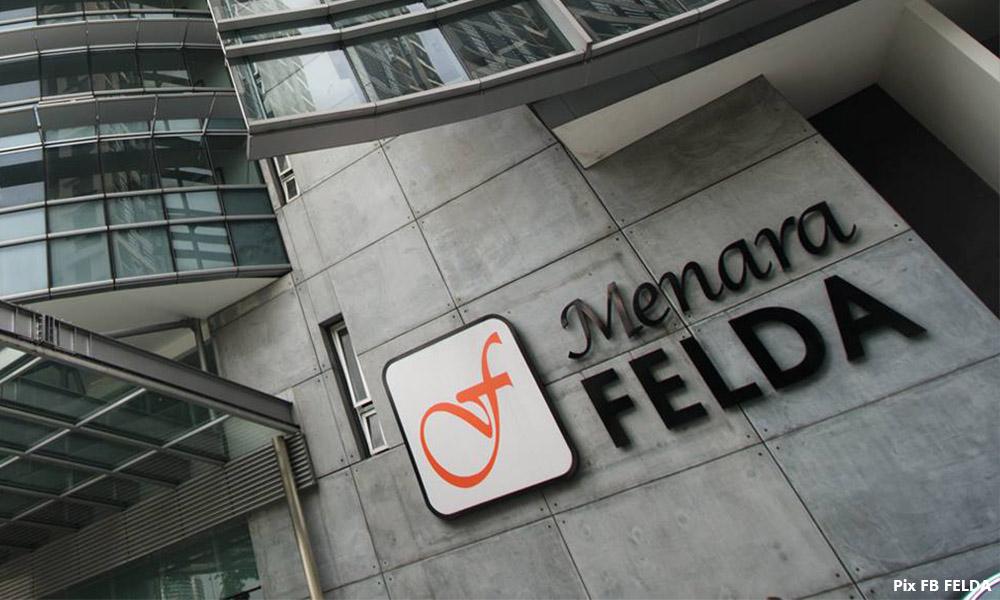
While the new government has the authority to change government appointees on the Felda Global Ventures Holdings Bhd (FGV) board, it should ensure good corporate governance, said its chairperson Azhar Abdul Hamid.
He said the company would let the government decide whether to maintain the three government appointees on the board – Azhar, Group President and chief executive officer Zakaria Arshad, and Non-Independent and Non-Executive Director Siti Zauyah Md Desa.
However, he added although it had the authority to appoint anyone to the board, "the new government cannot say that I'm not going to honour that contract."
"Even if there is a change in the political party governing the state, the scenario doesn't change. We've got to get this governance process right," he told a press conference after the company's annual general meeting (AGM) and extraordinary general meeting (EGM) in Kuala Lumpur today.
The EGM was to obtain shareholders’ approval to change the company's name to FGV Holdings Bhd.
Azhar said since he was appointed to the board, the company had not received any instructions or interference from the government.
He, however, noted that the government wanted to see FGV do well and make big profits so that it could pay good dividends to its shareholders, especially to Felda, which has a 33.7 percent stake in the agribusiness company.
"That is the government prerogative and not political," he said, adding that his meeting with Finance Minister Lim Guan Eng recently was fruitful.
All the resolutions were approved at the AGM except for a resolution to re-elect Non-Independent and Non-Executive Director Abu Bakar Harun, who was Felda's representative. According to FGV's announcement to Bursa Malaysia, the resolution was withdrawn due to the absence of a seconder for the motion.

On the name change, Azhar said this was part of the company's rebranding effort to address the confusion in the market between it and Felda by indirectly disassociating itself from Felda.
He hoped it would enhance FGV's business prospects and improve people's perception towards the company.
On Pakatan Harapan's pledge to raise the minimum wage to RM1,500, Azhar said FGV would have to incur an additional RM33 million in production cost per year for every RM100 increase in wage.
The minimum wage in Peninsular Malaysia is currently RM1,000 while in East Malaysia, it is RM920.
He said on average, FGV paid a basic salary of RM1,300 to its staff, excluding benefits such as housing, levy, insurance and others, which would bring the total payment to more than RM1,500 per month.
On another development, Azhar said FGV had appointed a UK-based legal firm to undertake a forensic audit on possible wrongdoing in the RM1.1 billion purchase of Asian Plantations Ltd back in 2014.
As for speculation that FGV was a possible takeover target with Sime Darby Plantation Bhd being the interested party, he said it was open to any deal that could bring value added to the company.
As at end-2017, FGV had total assets amounting at RM20.56 billion and a market capitalisation worth RM6.17 billion.
Its land bank stood at 440,577 hectares in Malaysia and Indonesia, inclusive of rubber estates, 69 mills producing 2.99 million tonnes of crude palm oil and 10 refineries around the world, including joint ventures.
-- Bernama



No comments:
Post a Comment
Note: Only a member of this blog may post a comment.